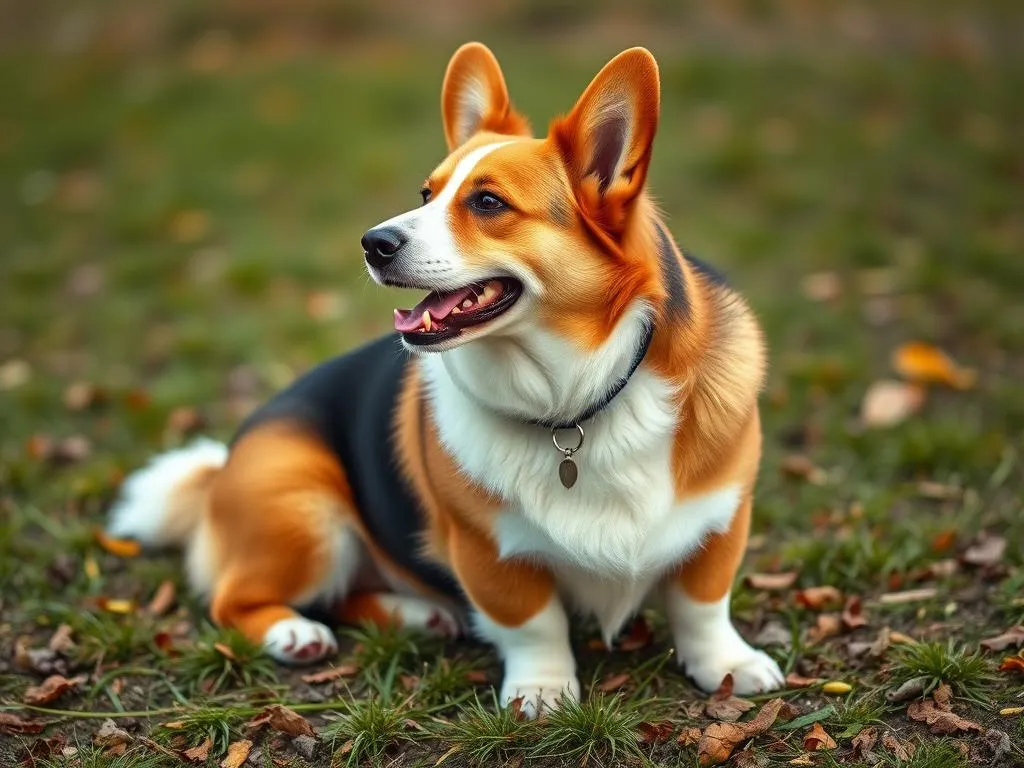
Introduction
Dog breeds are fascinating subjects that not only capture the hearts of pet lovers but also provide insights into the diverse world of canine companions. Understanding different dog breeds helps potential owners determine which breed aligns with their lifestyle and preferences. Among the myriad of dog breeds, Corgis stand out for their unique appearance and personality. This article explores why do Corgis have short legs, delving into their history, genetics, health considerations, and more.
Understanding Dog Breeds
Definition of Dog Breeds
A dog breed is a specific strain or variety of domestic dogs that share common traits, including physical characteristics, temperament, and behavior. Breeds are often classified into categories based on their historical roles, such as herding, hunting, and companionship. These characteristics can manifest in various ways, from size and coat type to energy levels and trainability.
Importance of Breeds in Dog Ownership
Choosing the right dog breed is crucial for ensuring a harmonious relationship between the pet and its owner. Different breeds exhibit distinct temperamental traits that influence their behavior and suitability for certain environments. For example, working breeds may require more physical activity and mental stimulation compared to toy breeds. Understanding these nuances can significantly impact training methods, care requirements, and overall satisfaction in the pet-owner relationship.
Overview of Corgis
History of Corgis
Corgis have a rich history that dates back to their origins in Wales, where they were bred as herding dogs. Their role in herding cattle made them invaluable to farmers, thanks to their intelligence and agility. Corgis gained royal recognition when they became favorites of Queen Elizabeth II, further cementing their status in popular culture.
Physical Characteristics of Corgis
Corgis are known for their distinctive physical features. They typically weigh between 25 to 30 pounds and stand about 10 to 12 inches tall at the shoulder. Their most notable characteristics are their short legs and long, sturdy bodies, which give them a unique silhouette. Corgis come in two primary breeds: the Pembroke and the Cardigan, both of which have variations in coat types and colors.
Personality Traits
Corgis are renowned for their lively and affectionate nature. They tend to be friendly and social, making them great family pets. Their intelligence and eagerness to please often result in quick learning and adaptability. However, they can also exhibit strong-willed behavior, requiring consistent training and socialization.
The Genetics Behind Corgis’ Short Legs
The Role of Genetics in Dog Breeding
Genetics plays a pivotal role in determining various traits in dog breeds. Each breed has been selectively bred over generations to enhance specific characteristics. This selective breeding can lead to pronounced features, such as the short legs of Corgis, which are a direct result of genetic factors.
The Mutation Responsible for Short Legs
The short legs of Corgis are primarily attributed to a genetic mutation known as “achondroplasia.” This mutation affects the growth of long bones, resulting in a dwarfism-like condition. It is important to note that this mutation is not exclusive to Corgis; other breeds, such as Dachshunds and Basset Hounds, also exhibit similar traits due to comparable genetic factors.
Evolutionary Purpose of Short Legs
The evolutionary purpose of Corgis’ short legs can be traced back to their herding duties. Their height allowed them to nip at the heels of cattle while remaining low to the ground, which helped them avoid being kicked. This adaptation provided them with the agility and control needed for herding tasks, effectively showcasing how physical traits can evolve based on environmental demands and working roles.
Health Considerations for Corgis
Common Health Issues Related to Short Legs
While the short legs of Corgis contribute to their charm, they can also lead to certain health issues. Common concerns include hip dysplasia, intervertebral disc disease, and other spinal problems. These conditions can arise due to the strain placed on their bodies, particularly with their unique skeletal structure. Regular veterinary check-ups are crucial to monitor health and catch any potential issues early.
Maintaining a Healthy Corgi
To keep Corgis healthy, owners should prioritize a balanced diet and regular exercise tailored to their needs. Corgis are prone to obesity due to their stocky build, which can exacerbate health problems. Incorporating activities that engage their mind and body is essential, such as agility training, obedience classes, and interactive toys.
Lifespan and Care Tips
Corgis typically have a lifespan of 12 to 15 years. Providing a nurturing environment, proper nutrition, and routine veterinary care can help extend their life. Regular grooming is also important, particularly for those with thicker coats, to reduce shedding and skin issues.
Fun Facts About Corgis
Popularity and Cultural Significance
Corgis have become a cultural phenomenon, particularly in social media. Their adorable appearance and charming personalities have made them popular in various forms of media, including movies and television shows. Additionally, the breed is known for its association with British royalty, particularly Queen Elizabeth II, who has owned over 30 Corgis throughout her reign.
Corgis in Competitions
Corgis are a common sight in dog shows and competitions, where they often compete in categories such as herding and agility. Their unique physiques and skills make them standout competitors. Events like the Corgi Races have gained popularity, showcasing their speed and agility in a fun, competitive environment.
Training and Tricks
Corgis are intelligent and eager to learn, making them excellent candidates for training. Owners can teach them a variety of fun tricks, such as rolling over, playing dead, or even dancing. Training is essential not only for obedience but also for mental stimulation, helping to keep their agile minds engaged.
Conclusion
Corgis are a delightful breed characterized by their short legs, friendly demeanor, and rich history. Understanding why do Corgis have short legs reveals much about their unique adaptations and the genetic factors that contribute to their distinct appearance. With proper care, training, and love, Corgis can thrive as cherished family companions, bringing joy and laughter to their households. Their unique traits and charming personalities make them a breed worth considering for any dog lover.









